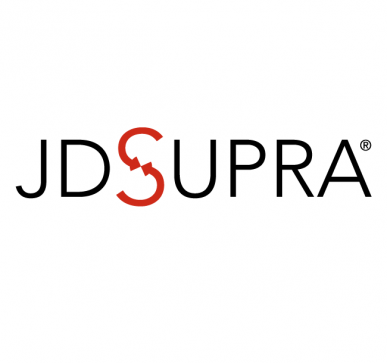Legislation enacted in 12/15 (FAST ACT – Fixing America’s Surface Transportation Act)) required IRS to utilize private debt collection agencies to collect inactive federal tax receivables debts. Starting SPRING 2017, IRS will use private debt collectors to pursue overdue federal tax debts. IRS has selected 4 Contractors to launch this new program. The 4 companies that were awarded the contracts are:
1. CBE Group, 1309 Technology Parkway, Cedar Falls, IA 50613
2. Conserve, 200 CrossKeys Office Park, Fairport, NY 14450
3. Performant, 333 N. Canyons Parkway, Livermore, CA 94551
4. Pioneer, 325 Daniel Zenker Drive, Horseheads, NY 14845
These 4 companies have to agree to respect Taxpayer’s rights and abide by the provisions defined in the Fair Debt Collection Practices Act (FDCPA). The FDCPA was established in 1978 to protect consumers from abuses in debt collection. Some of the main highlights Debt Collectors may NOT Do are:
Communicate with a consumer at any unusual time (generally before 8:00 a.m. or after 9:00 p.m.
Contact the consumer at his or her place of employment.
Harass or abuse any person. Meaning, threaten to use violence, use profanity, publish list of consumers
that refuse to pay, harass by repeatedly calling phone numbers and make calls without identifying
themselves.
Make false or misleading representations.
Furnish deceptive forms.
Under the FAST Act, IRS must hand over to the Collection Agencies the following tax receivables:
A) Older receivables. These are Receivables that that are assigned for collection and more than one year has passed without any interaction with the Taxpayer with respect to collecting the tax debt.
B) Receivables that have been removed from the IRS’s active inventory list due to inability to locate the Taxpayer or lack of IRS resources
C) Receivables with no IRS employee assigned to them in order to collect the receivable.
First, Taxpayers (and their representatives) will be notified by IRS in writing that their account has been transferred to a private collection agency. Second, the collection agencies, in a separate letter, need to confirm in writing to the Taxpayers (and their representatives) that their account has been transferred. If a Taxpayer does not want their account transferred to the collection agency, they must notify the collection agency in writing of this objection.
The collection agency employees must identify themselves as contractors for the IRS collecting taxes and must ALWAYS follow the provisions of the FDCPA. They must also inform Taxpayers about the electronic payment options available on IRS.gov/Pay your Tax Bill. If the Taxpayer needs to make the payment by check, the check must be payable to the U.S. Treasury, and sent directly to the IRS. Payment can NEVER be sent to the collection agencies or made payable to the collection agencies. Moreover, collection agencies cannot ask for payment on a prepaid debit card.
IRS cannot assign accounts to a collection agency if it involves Taxpayers that are:
•Deceased
•Under 18.
•In a designated combat zone.
•Victims of tax-related identity theft.
•Under civil examination, litigation, criminal investigation, or levy.
•Pending or have active offers in compromise.
•Have an installment agreement.
•Have a right to appeal their tax cases.
•Classified as an innocent spouse case.
•Located in presidentially declared disaster areas who are requesting relief from collection.
Taxpayers need to be very careful when receiving phone calls due to the increase in phone scams where criminals are impersonating the IRS and demand payment. IRS is instructing Taxpayers to make complaints about a collection agency or the behavior of a specific employee directly to the Treasury Inspector General for Tax Administration (TIGTA) on line or to their hot line.
Don’t be a victim of your own making and Don’t be a victim of a potential Tax collection scam
what-you-need-to-know-about-irs-outstanding-inactive-tax-receivables





